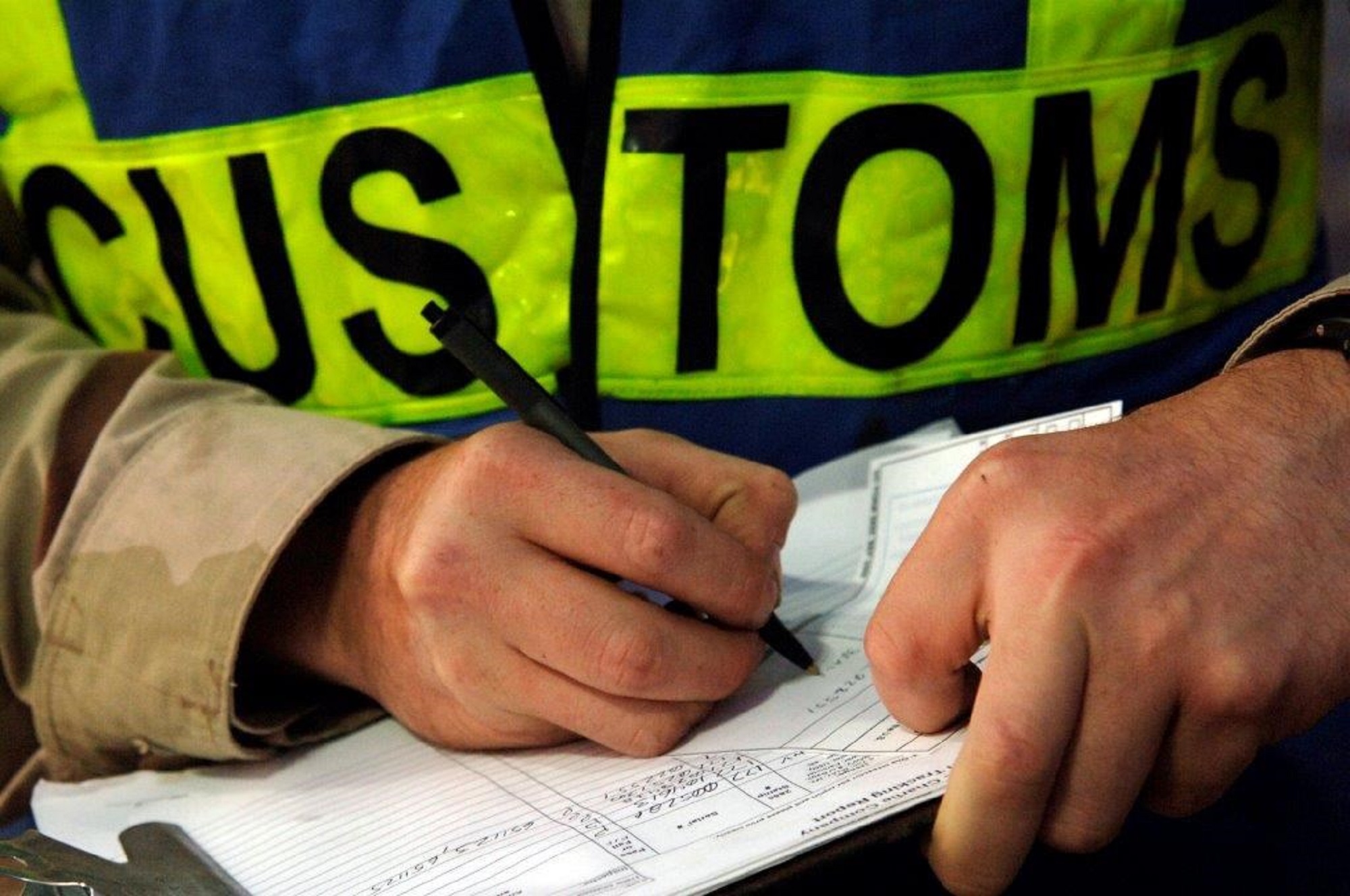The fixed establishment for VAT purposes continues to evolve. In recent years, important rulings on this topic have been issued by the EU Court of Justice. These developments are continuing. We expect new judgments on this issue in the near future. In addition, the State Secretary for Finance has updated a relevant policy decree on fixed establishment for VAT purposes last year.
This VAT qualification and the question of whether there is a fixed establishment for VAT purposes has implications for, among other things, your invoicing and your reporting obligations. If you mistakenly assume that you have no (or indeed: that you have) a fixed establishment for VAT purposes, this incorrect VAT qualification can lead to additional tax assessments and fines. In this article, we discuss these developments, and the practical implications.
The concept of the fixed establishment in European case law
The fixed establishment for VAT purposes (hereinafter: “FE”) is an establishment outside the company’s head office, characterised by a sufficient degree of permanence and a suitable structure – in terms of personnel and technical resources – to enable it to receive and use services for its own needs and to enable it to provide services which it supplies. The FE for VAT purposes is a substantially different concept from the permanent establishment for (corporate) income tax, with different criteria and different consequences. The FE provides a starting point for charging VAT.
The interpretation of the concept of the FE regularly leads to discussions with tax authorities, both at home and abroad. Some noteworthy European judgments on this topic include:
The Titanium case: FE and leased real estate
The Titanium case focused on the question of whether a leased property without the use of staff qualifies as an FE. In a nutshell, the EU Court of Justice ruled that this is not the case if the lessor does not have its own staff, but has merely outsourced certain tasks and authorities. In this case, these were outsourced to a property manager (not operating from the leased property), while the lessor himself retained the authority to make fundamental decisions.
The Berlin Chemie case: Own presence and subsidiary
In addition, the Berlin Chemie case concerned the question of whether an FE requires an own presence or whether it is sufficient if an entrepreneur has direct access to the personnel and technical resources of a majority-owned affiliate. In short, the EU Court of Justice ruled that a parent company does not have an FE in another member state if it has a subsidiary there that provides sales support services.
The Danske Bank case: Head office services
In addition, following on from the earlier Skandia ruling, it was held in the Danske Bank case that services provided by a head office to an FE in another EU member state are VAT-taxable if the head office is part of a fiscal unity for VAT purposes.
Ongoing case Cabot Plastics Belgium SA: Toll manufacturers
Finally, the Cabot Plastics Belgium SA case is currently underway in the EU Court of Justice. This case focuses on whether a toll manufacturer can constitute an FE of its (affiliated) client if the toll manufacturer works exclusively for the recipient/principal. The Court is expected to issue its judgment in the case on 29 June 2023.
The final ruling in the Cabot Plastics Belgium SA case may have a major impact on how the concept of FE must be interpreted. If the EU Court of Justice concludes that such toll manufacturing situations lead to the recognition of an FE of the principal, this could have potentially major implications. In that case, it is possible that FEs will also have to be recognised much sooner in other situations, with all the consequences that entails.
UPDATE 29 juni 2023: the Court has published it’s judgement. In the Cabot Plastics Belgium case, there was no fixed establishment for VAT purposes. Read more about this case here.
Update of the fixed establishment decree in VAT
In the policy decree on the fixed establishment in VAT, the State Secretary for Finance describes how the Dutch Tax Authorities deal with certain aspects of the FE. The decree is amended or updated with some regularity, most recently in 2022. Below, we discuss some eye-catching issues and adjustments.
Decree: A purchasing FE can lead to VAT registration
An important part of the FE decree concerns the concept of ‘purchasing FE’. According to the State Secretary, a Netherlands-based purchasing FE is relevant for VAT purposes only when it procures B2B services for its own needs and own use. The purchasing FE thus performs services for the benefit of the head office and therefore not to third parties. These services are not subject to VAT, which means that, in principle, the purchasing FE is not required to register in the Netherlands for VAT purposes concerning its own activities.
For foreign entrepreneurs providing services to a Dutch purchasing FE, however, the procurement FE’s lack of VAT registration can lead to complications. This is because the services are generally taxable in the Netherlands, with the purchasing FE itself being liable for VAT under the reverse charge system. To eliminate ambiguity, the State Secretary indicates that, in such cases, the purchasing FE must register for VAT in the Netherlands.
Decree: Other key topics
The decree also addresses a number of other aspects related to the FE. Without giving an exhaustive overview, we will list a number of key issues:
The concept of FE
An establishment that provides no services to third parties and only carries out support activities for the head office, for example, is not an FE. The decree also mentions that, as a rule, a legally independent subsidiary does not qualify as an FE of the parent company.
VAT fiscal unity
In principle, provisions of goods or services between a head office and an FE are not currently considered VAT-relevant supplies or services in the Netherlands. This will change on 1 January 2024. From then on, provisions of goods or services between the head office and an FE (or permanent representative) will constitute a relevant supply or service for VAT purposes if the head office and/or the FE are part of a VAT fiscal unity in their respective EU country or countries of establishment.
VAT deduction
The ruling also addresses how VAT must be deducted when a Dutch FE incurs costs that are partly or exclusively attributable to the operations of the foreign head office. For case studies on this issue, see for example the judgement in the Morgan Stanley case. In such cases, special pro rata’s for VAT deduction apply. In addition, the entrepreneur must check the right to deduction both in the Netherlands and in the member state in which the head office is located. This only applies if both the head office and the FE are not part of a VAT fiscal unity in their respective EU country or countries of establishment.
Involvement criterion
The State Secretary indicates when, in his view, there is ‘involvement’ of the FE in services provided by (the head office of) a foreign entrepreneur in the Netherlands. If there is involvement, the FE is liable to pay VAT in the Netherlands in respect of the supplies of goods or services.
Purchasing status
The Secretary of State offers guidance on how to determine which establishment is purchasing the services.
Avoid incorrect VAT qualification
The concept of FE remains in flux. It is important to determine whether the fiscal position of each of your branches is correct and compliant with the rules. This may require regular reevaluation. This may be necessary, for example, due to changing circumstances, new judgements and regulations, or insights from (European) case law. An incorrect VAT qualification can lead to retroactive tax assessments and significant fines. This applies both to your (permanent) establishments in the Netherlands and those abroad.
Do you have questions about fixed establishments for VAT purposes? Or would you like to have your compliance with all relevant regulations and obligations (re)evaluated? Our VAT & Customs Advisory specialists would be happy to assist you in understanding your company’s VAT position.
Laws and regulations in this area may be subject to change. We recommend you discuss the impact of this matter with your Baker Tilly advisor.





